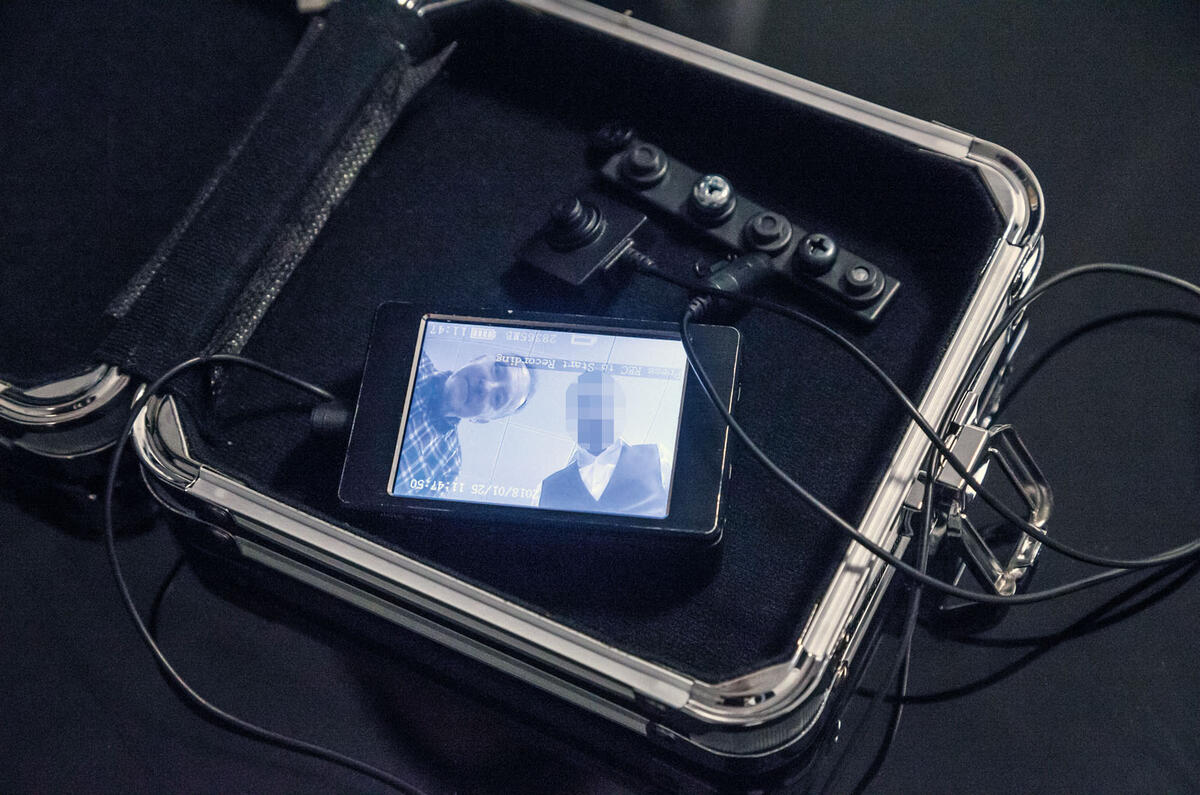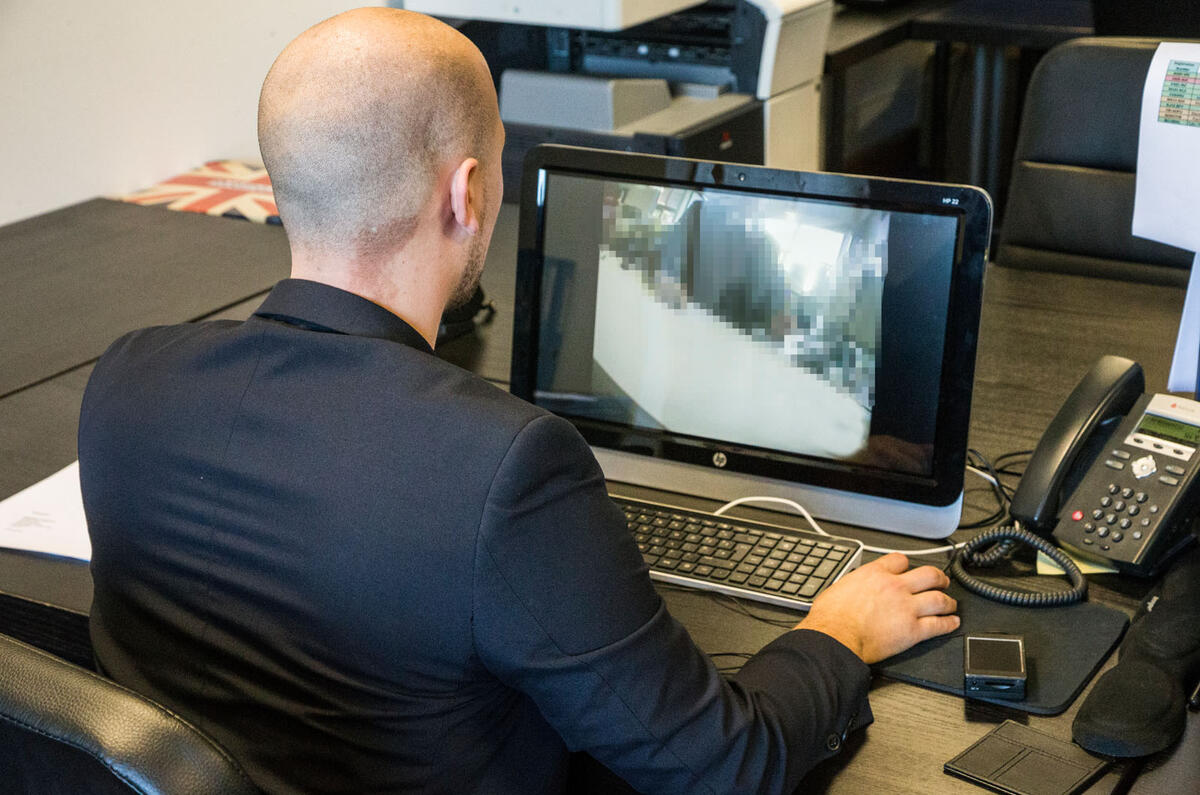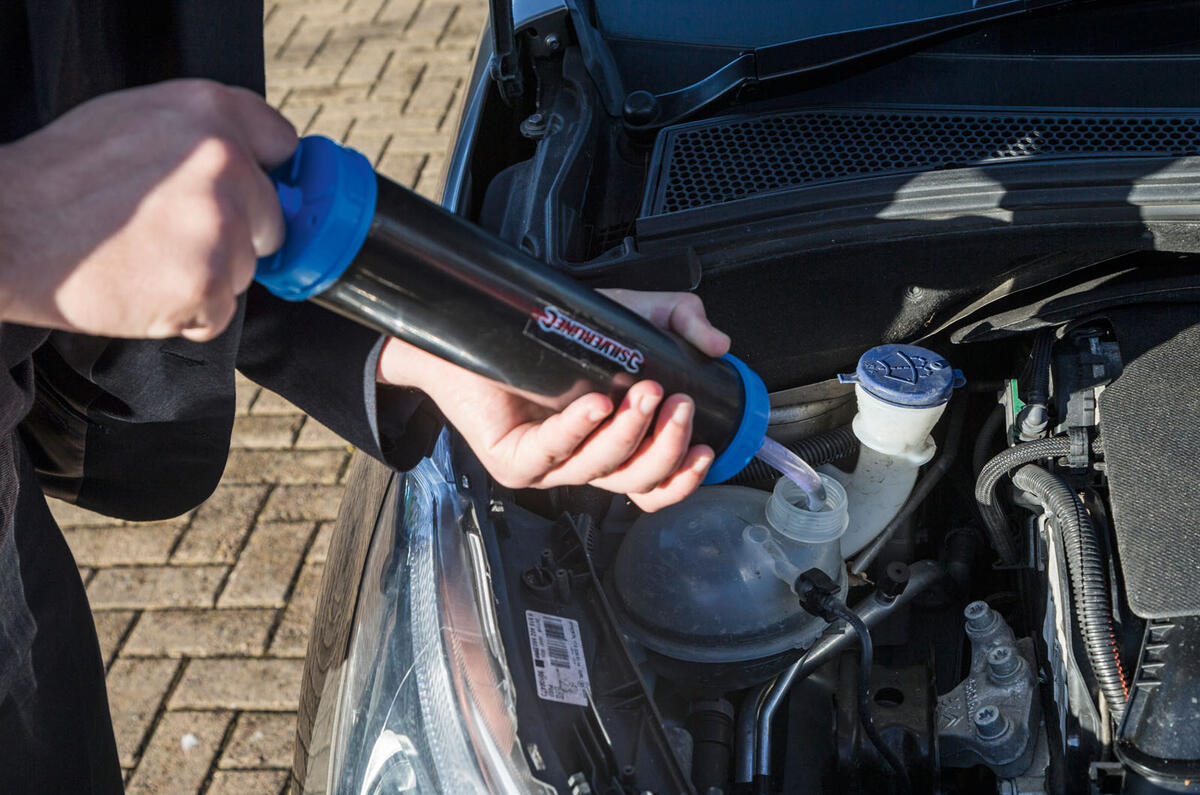“Let’s get serious – you wanna buy this car or not?” Paul Vitti, Robert de Niro’s character in gangster comedy movie Analyze That, is the stuff of nightmares: a car salesman who’s closing technique is the equivalent of a punch in the face.
It’s a shame because until he uttered those words, Vitti was actually pretty good. Eye contact, humour, patience... it was all there, right up to the point where he gets irate at non-committal tyre-kicker. But a salesperson doesn’t have to be that rude to annoy you: ignoring you, not taking your enquiry seriously, a lack of product knowledge or, worst of all, giving the impression they’d rather be anywhere but talking to you are just as infuriating.
I recently popped into my local Ford dealer, interested in buying the 15-reg Fiesta ST-2 on the forecourt. As I walked over to it, a salesman passed me in the opposite direction, puffing an e-cigarette and studiously avoiding eye contact. Just like the smoke from his electronic fag, my excitement at test driving and possibly purchasing his ST evaporated in an instant.

Worse, when I dragged myself to the sales office, he was the only bloke free to talk. My enquiries were met with clipped answers. His manager wasn’t any better as I discovered when, with the salesman out of the way rummaging in a filing cabinet for the car’s service history, I asked him if I could speak to the friendlier sales guy I’d spoken to earlier on the phone when arranging my visit.
“He’s busy,” was his unsmiling reply. I left soon after, deflated.
As a former car salesman, I know all about the challenges of the job: the pressure of meeting targets, of dealing with ‘challenging’ customers. It isn’t easy. I also know about the steps sales people are taught to follow and which, with terms such as ‘qualifying’, ‘appraisal’ and ‘the close’, can suck the life out of a sales encounter. In fact, so hard-wired into car selling have these steps become, there’s a danger they’re displacing the most important sales skills of all – things such as good eye contact, open body language, a sense of humour and active listening.
A danger? It’s already happening. In many showrooms, these vital ‘soft’ skills have fallen by the wayside as sales people are encouraged and rewarded to follow the ‘10 steps to profit’. But here’s the thing: used in combination with well-practised sales steps, these soft skills sell cars. Fortunately, some car makers and major dealer groups have woken up to their value. They include the Volkswagen Group, Porsche, Aston Martin and Nissan. In fact, they pay a company to send fake car buyers and service customers to their showrooms and service departments to check the skills are being used.

The company, called Automotive Insights, has 6000 mystery shoppers on its books, 300 of them active at any one time. It’s the market leader in its field and the only such company dedicated exclusively to the motor industry. The shoppers – singles, couples and families ranging in age from 17 to 76 – perform up to five visits a day. Almost all of them have a compact video recorder tucked in a pocket with a button-hole camera to record their visit.
Because their job is to observe and record a sales or service encounter at its most truthful, they play things straight. Jonathan Firmin, founder and managing director of Automotive Insights, says: “The best mystery shopper is the grey man or woman. They don’t bring their personality to the encounter. Instead, they let the sales person or service advisor lead it.”
Like the showroom, the service department can also be a soft skill-free zone. It doesn’t help that you’ve probably explained the car’s problems over the phone and when you arrive, the service adviser has their nose buried in a computer screen.
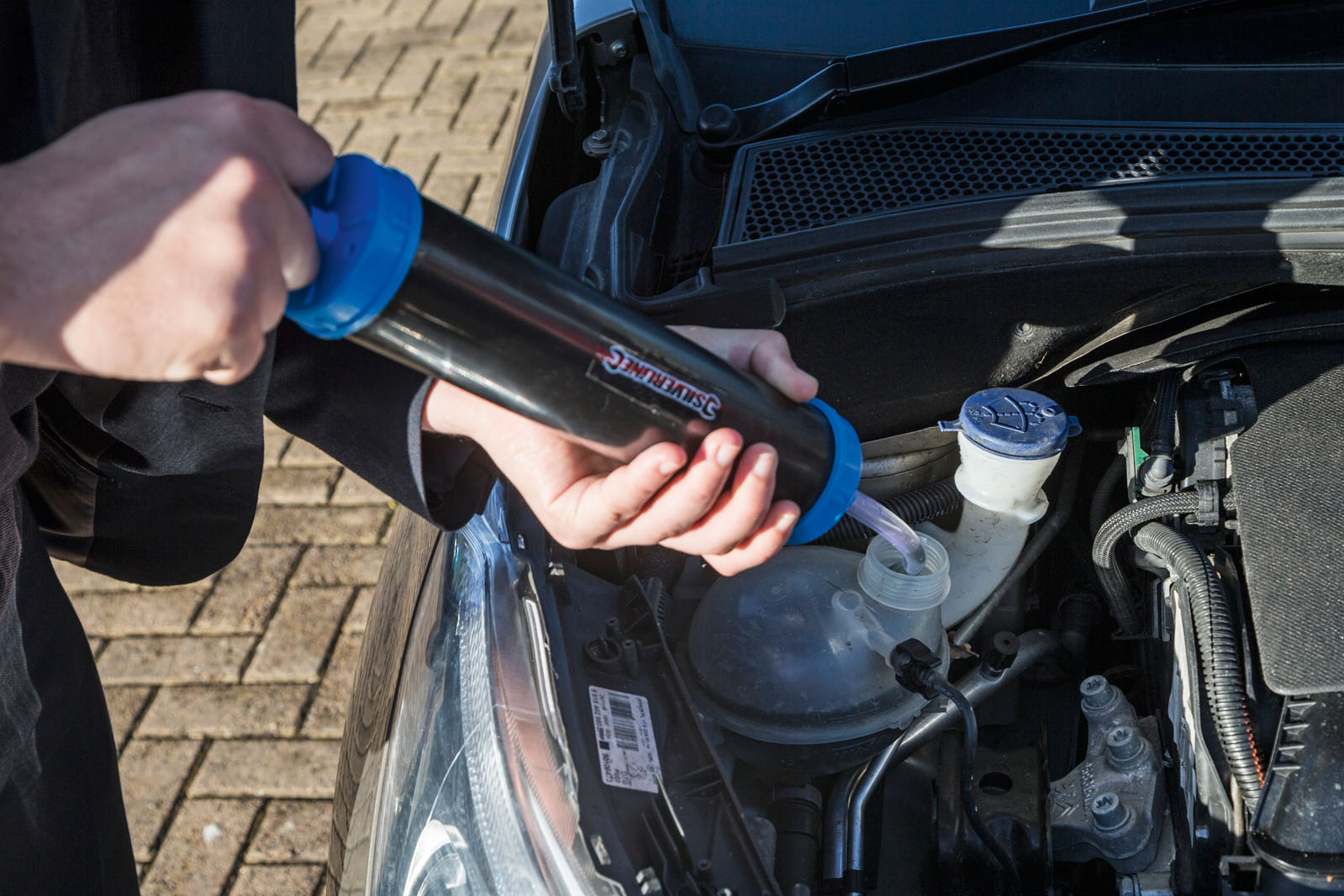
However, mystery shopping the service department requires more than just a camera. To do it effectively, the shopper’s car has to be put through the workshop. But what if it has no faults? No problem: the shopper creates some. First, they clear the car’s on-board computer and the memory chip in the car key to erase the vehicle’s fault and event history. To give the impression the car is poorly maintained, they might add a dye to the engine oil to make it look old. Tyres will be randomly inflated and deflated. A clean air filter will be substituted for a dirty one.
To cover their tracks, the shopper wipes away oil drips or dye spillages, and finger marks on or around filler caps, tyre dust caps and anything else that’s been tampered with.
“It all sounds sneaky but these techniques are the only way to accurately and independently measure the performance of dealers,” says Firmin. “Our clients want to know about the customer service more than the process, which is already ingrained and easier to measure. A question we ask shoppers is: ‘Were you made to feel like the most important person there?’”

Automotive Insights can trace its roots to the US, a country Firmin calls the ‘cradle of customer service’.
“Good service grew out of the tips culture in US bars. It can sound insincere but there’s no doubting the energy and excitement the Americans bring to a service encounter,” he says.
Fortunately, ‘have a nice day’ isn’t what his UK clients are looking for. Instead, it’s our blend of gentle humour, quiet patience and straightforwardness they crave.
“When applied, no one does soft skills as well as the Brits,” he says. He should tell my local Ford salesman.
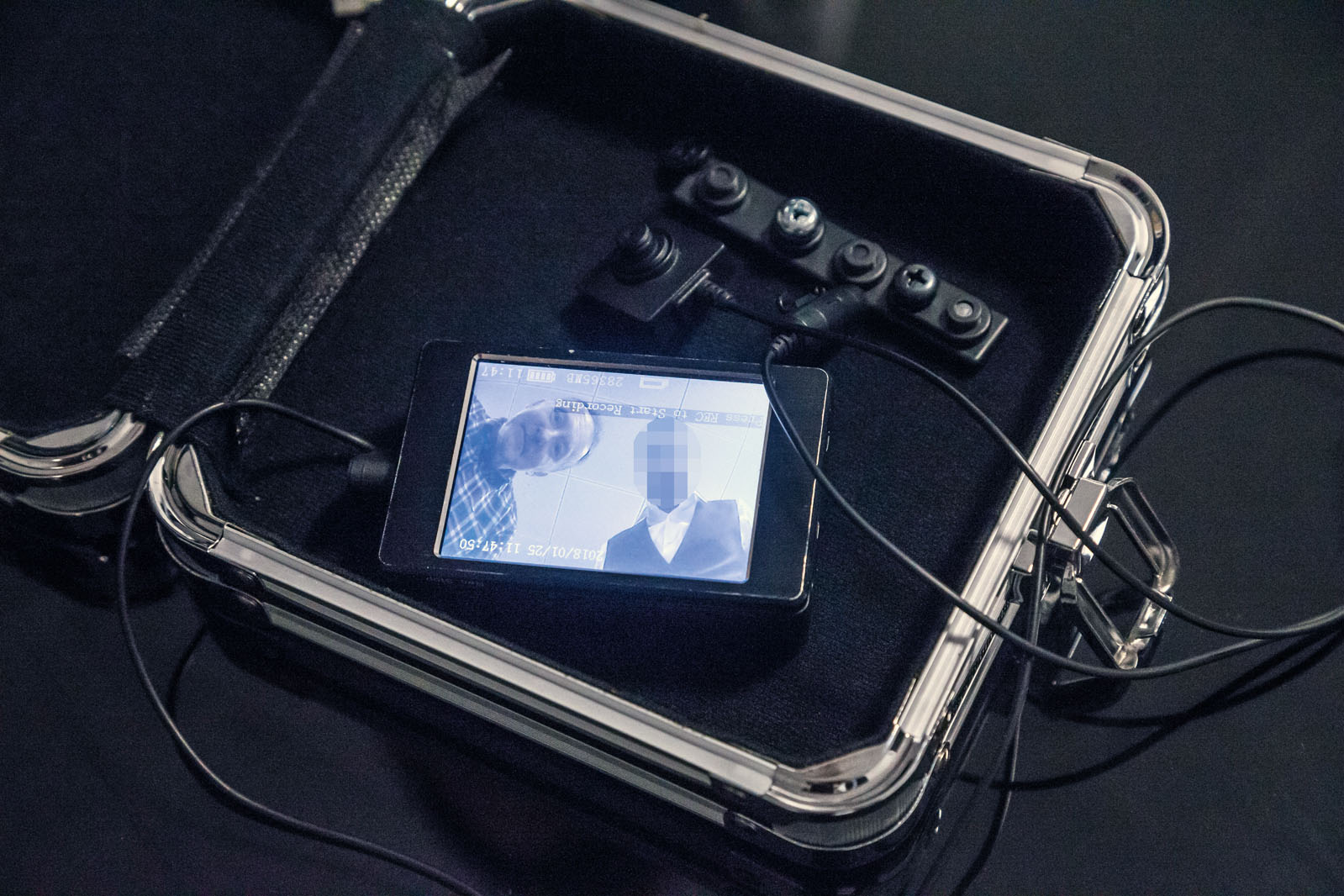
THE MYSTERY SHOP: We join an Automotive Insights mystery shopper on a clandestine visit
I don’t recall anyone greeting us as we entered the showroom.
We stood by a new car and were soon joined by a salesman. The mystery shopper stated the purpose of his visit and let the salesman lead. Speaking in a quiet monotone, the salesman quickly latched onto the shopper’s enquiry concerning finance and for the next 10 minutes explained, in numbing detail, the terms of a PCP finance agreement.
He might have been following best practice but his explanation was unnecessary at this stage and meant the purpose of the visit was lost.

Our mystery shopper said: "The salesman wasn’t especially forthcoming. He wasn’t enthusiastic and didn’t seem to be excited by the model or the prospect of selling me a vehicle. He failed to create any real desire for me to want to purchase from him.
"I wasn’t made to feel like the most important person in his world. Eye contact, body language and use of humour were all lacking, as was the personal touch of using my name and engaging with me through small talk. Would I recommend the dealer to my family or friends? Unlikely."
John Evans
Read more

